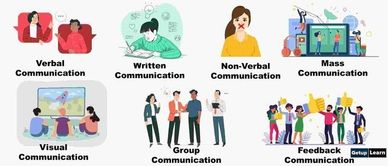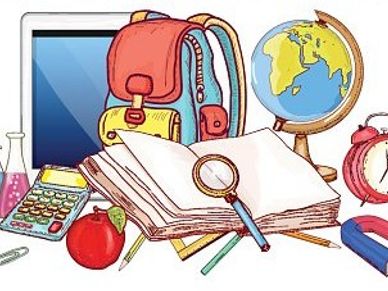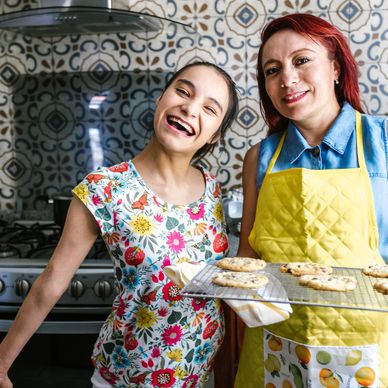Skill Sections
Activities of Daily Living

This sections provides techniques, tips and materials to enable you, your child or your student/ client to perform the myriad tasks needed for maximum independence.
Skills range from personal hygiene to healthy mealtimes, navigating community tasks to environmental organization and safety.
Communication

Every person must be able to communicate with others and with as much immediacy as anyone else.
Over 40 years, I've taught several non-verbal students (from age 3- 15)
to gain their own 'voice', whether with speech, communication boards or a tablet.
And when s/he can communicate, unexpected behaviors will immediately be drastically reduced.
Why? Because many such behaviors occur out of frustration of not being able to communicate.
Just like you or I!
These techniques, tips and materials also include understanding others communication
be it verbal, written or non-verbal behaviors.
Social Skills

This section provides techniques and materials for social learning, providing you, your child or your student/ client with the skills and strategies needed to navigate the social complexities of school, work and life. From basic interactions and simple manners to making friends and collaborative problem solving, these tried and true approaches will result in a richer, less anxious life.
Emotional Management
Emotional Management is one of the most difficult areas to teach.
However, the techniques, tips and materials provided in this section have shown to be successful,
not only in my 40 years if experience but by many others.
These will enable an individual to self identify emotional states and the level of emotion
to self management tools which provide a personal action plan.
Additionally, this sections provides tools for you, your child or your student/ client
to be able to change thinking patterns; such as Black & White thinking.
READINESS SKILLS & Functional ACADEMICS

Here you will find materials and teaching tips from readiness skills, like matching and sequencing to every academic skill from the basic (reading writing & mathematics) to multi- paragraph compositions and stoichiometry (HS chemistry!)
In addition, organizational & study skills as well as how s/he can demonstrate their knowledge in a variety of ways.
IMPROVING BEHAVIOR

Changing behavioral reactions from the unexpected to the expected is key to a person on the Spectrum maximizing his or her potential. Different behaviors may require different approaches and methodologies.
This sections presents approaches from the psycho-dynamic developmental model (a therapeutic, relationship-oriented method) through Applied Behavior Analysis (ABA) and Cognitive-Behavior therapies so one can match the right approach to the person and the behavior which needs changing.
Family

Family engagement is the key to maximum success as
they are responsible for the majority of the Spectrum person's learning and life.
But it's not easy to juggle life with a person with complex needs.
This section with provide advice as well as materials and techniques for
dealing with everything from getting other family members to respect you and your child
to handling vacations and other non-routine events, to self-care and respite breaks.
Professional Development

Ms. Touw is available to provide professional development of for parents, educators, and specialists to ensure that they have the latest knowledge and skills to effectively support anyone on the Spectrum with whom they work to enable maximum independence and emotional stability. Please email your interest to discuss your needs with Ms. Touw at ___________________